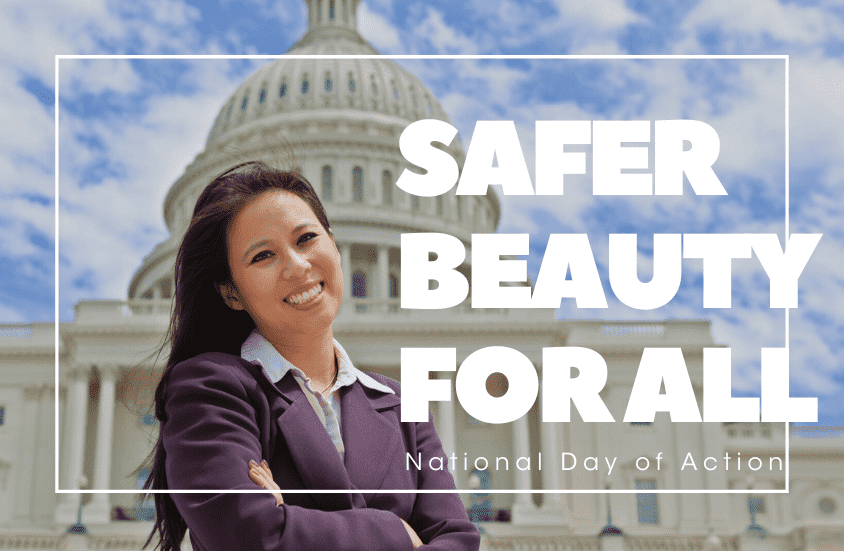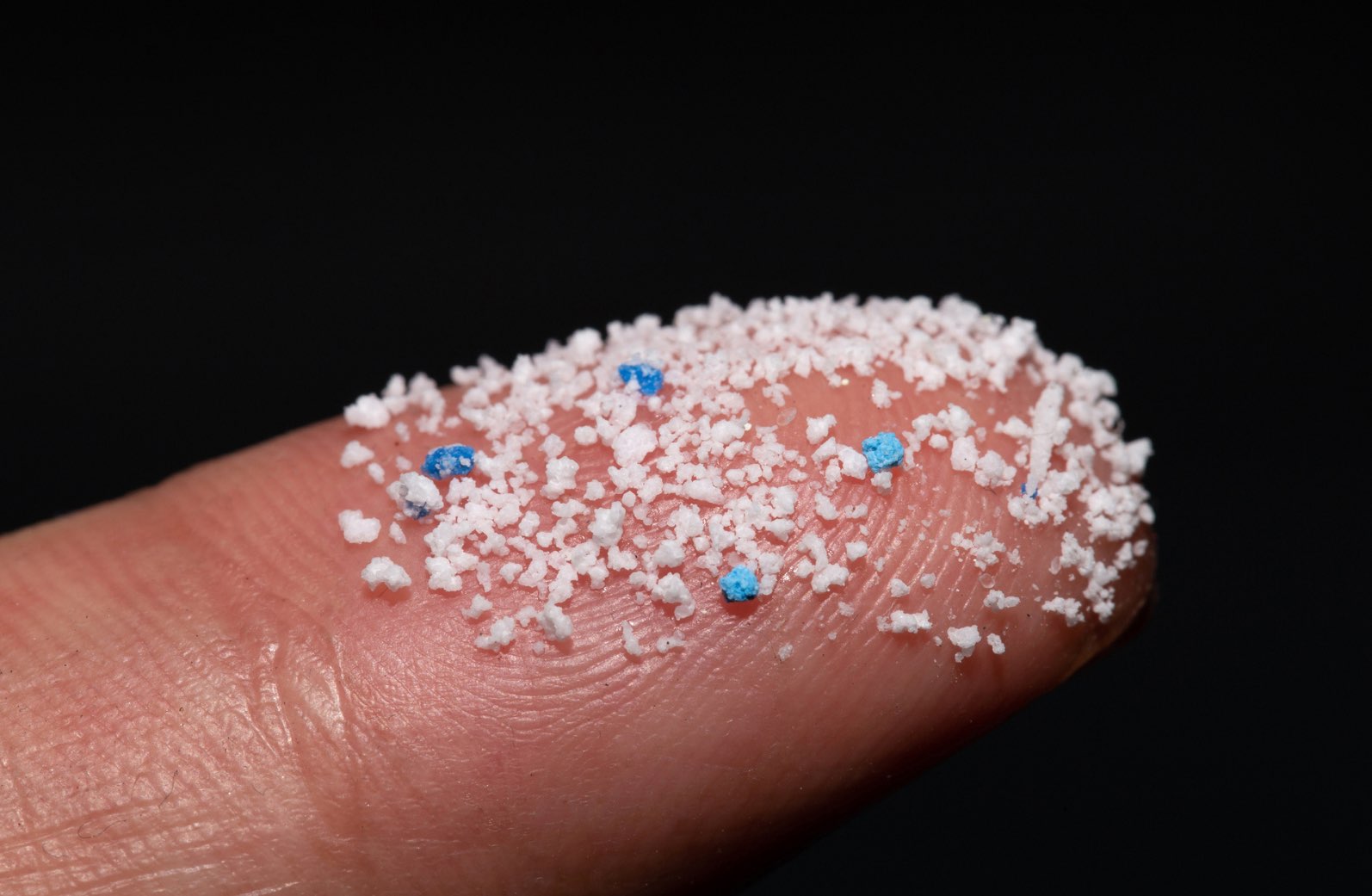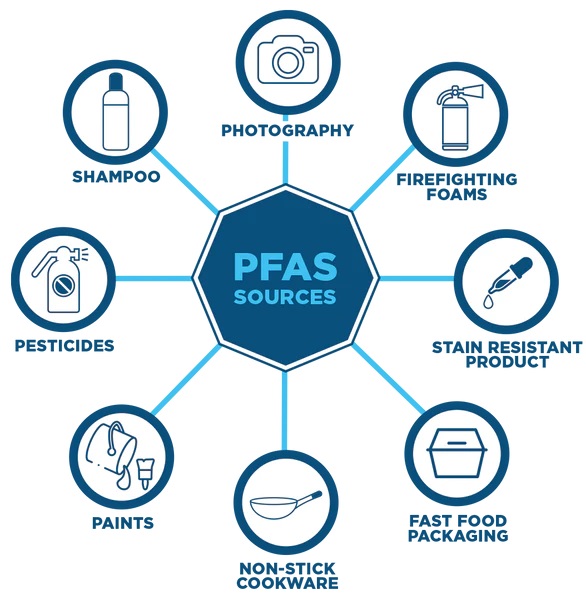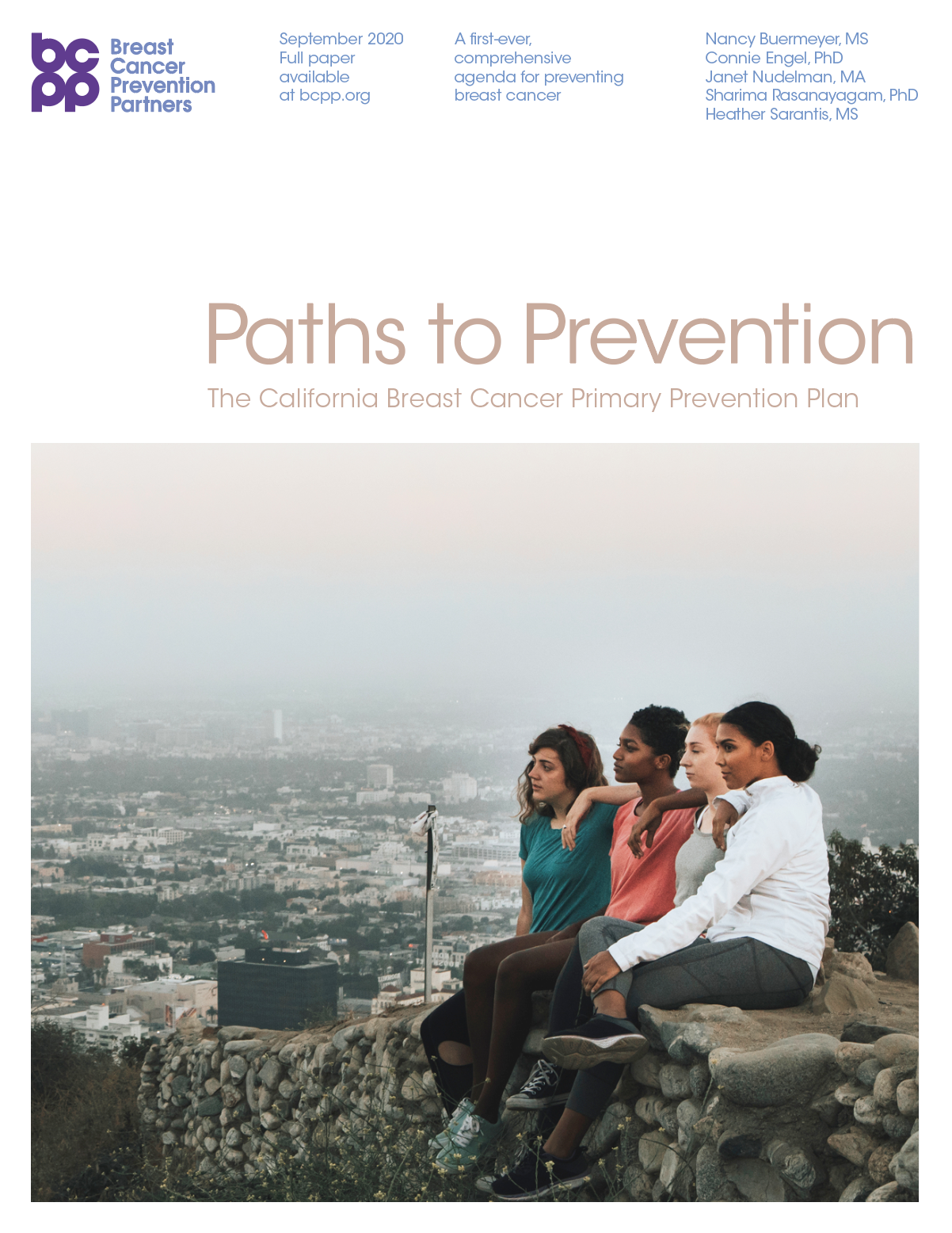Policy Initiatives
Breast Cancer Prevention Partners is committed to reducing toxic chemical exposure and fostering healthier communities through advocacy to prevent breast cancer.How do laws help prevent breast cancer?
Breast Cancer Prevention Partners (BCPP) advocates for health-protective laws (i.e., policy advocacy) because systemic change is crucial to reducing breast cancer risk and improving public health. While individual actions, like choosing non-toxic products, are important, these alone aren’t enough to protect people from toxic chemical exposures in consumer products, workplaces, and communities. On the other hand, policy change addresses these risks at the source by creating health-protective standards that apply to industries and protect everyone, especially vulnerable populations.
Federal Policy Advocacy

Safer Beauty Bill Package
BCPP is championing the Safer Beauty Bill Package, a groundbreaking set of bills designed to eliminate toxic chemicals from beauty and personal care products. This legislation aims to protect health, ensure transparency, and promote safer products for all. We expect the Safer Beauty Bill Package to be re-introduced in the new 119th congress by Rep. Jan Schakowsky and her House co-authors in June 2025. The bills include:
CA State Policy Advocacy

CA Safer Food Packaging Act (AB 1148)
BCPP is co-sponsoring this bill to ban two chemicals and groups of hazardous chemicals in packaging materials that contact food or beverage. The chemicals that would be banned are Bisphenols and Ortho-Phthalates.

California Microplastics Ban: AB 823 – Cleaning & Personal Care Products
BCPP is co-sponsoring this bill to ban microplastics from personal care, beauty, and cleaning products, keeping these tiny but dangerous plastics out of our bodies and the environment.

Phasing Out Unnecessary Uses of PFAS “Forever Chemicals” Act (SB 682)
This CA bill aims to phase out unnecessary uses of toxic PFAS “Forever Chemicals,” which would ban unnecessary intentional uses of PFAS in consumer products in California, such as cleaning products, cookware, dental floss, juvenile products, food packaging, and ski wax by 2027 and other products like refrigerants, solvents, propellants, PPE textiles, clean fire suppressants, and more with later deadlines.
More BCPP-Supported CA 2024 Bills
Sponsored:
AB 2300 (Wilson) Medical devices: Di-(2-ethylhexyl) phthalate (DEHP).
This bill prohibits the manufacture, sale, or distribution of IV bags made with intentionally added DEHP beginning January 1, 2030, and IV tubing made with intentionally added DEHP beginning January 1, 2035.
Position: Sponsor
Status: Signed by Governor
Justification: BCPP has a long history of working to get phthalates, like DEHP out of products. In IV bags and tubing, DEHP is not only a risk for breast cancer, but also can interfere with chemotherapy treatments for breast cancer.
Actively Supported (Testified or helped negotiate):
AB 347 (Ting) Household product safety: toxic substances: testing and enforcement.
This bill creates enforcement mechanisms for previously passed laws phasing out per- and polyfluoroalkyl substances (PFAS) in plant-based food packaging, juvenile products, and textiles.
Position: Support
Status: Signed by Governor
Justification: BCPP has sponsored several bills to ban PFAS Forever Chemicals from an array of products, from fire-fighting foam to cosmetics. This bill creates an enforcement mechanism for 3 bills, 2 that we sponsored (food packaging and textiles) and 1 that we supported (juvenile products). Once this program is up and running, we hope to include enforcement of the other PFAS bills we have sponsored/supported.
AB 2515 (Papan) Menstrual products: perfluoroalkyl and polyfluoroalkyl substances (PFAS).
This bill prohibits the manufacturing or sale of any menstrual product that contains regulated PFAS.
Position: Support
Status: Signed by Governor
Justification: BCPP actively supported and testified in support of this bill. PFAS have been linked to numerous health issues, including an increased risk of breast cancer, and this bill adds to the list of products that CA has acted on to protect residents from these highly toxic chemicals.
SB 1266 (Limón) Product safety: bisphenol.
This bill prohibits use of bisphenols in children’s feeding, sucking or teething products. It also prohibits manufacturers from replacing any form of bisphenol with any chemical identified by DTSC as a Candidate Chemical.
Position: Support
Status: Signed by Governor
Justification: In 2011, BCPP supported a CA law that banned the endocrine disrupting compound bisphenol A (BPA) from baby bottles. Unfortunately, there are several similar chemicals in the class of bisphenols that are often used as replacements for BPA, such as BPS or BPF. Scientific studies have shown and continue to show that these similar chemicals have many of the same negative endocrine disrupting impacts that has raised concerns about BPA. This bill, which BCPP testified in support of on several occasions, builds on that work from years ago to ban the entire class of bisphenol chemicals from all products used to feed or comfort children and prohibits replacement with any of a long list of hazardous chemicals.
Signed on in Support of:
Assembly
AB 1864 (Connolly) Pesticides: agricultural use near schoolsites: notification and reporting.
This bill requires reporting on permits for the use of restricted materials, notices of intent (NOIs), and pesticide use reporting (PUR) forms; also requires the DPR to adopt changes to the Pesticide Use Near Schools regulations, to expand their application to private schools.
Position: Support
Status: Signed by Governor
Justification: Links have been found between many pesticides and breast cancer and other serious health harms such as reproductive and developmental toxicity. Exposure during vulnerable life stages, such as childhood, is particularly harmful. This bill expands and strengthens existing protections on notification regarding and application of pesticides within ¼ mile of k-12 schools and expands protections to private schools, protecting children during this important life stage.
AB 1866 (Hart) Oil and gas: idle wells.
The bill increases the fees for idle wells, and additionally imposes fees for each idle well that has been an idle well for less than 3 years.
Position: Support
Status: Signed by Governor
Justification: Fossil fuel wells that have been abandoned often continue to leach toxic chemicals – such as cancer-causing benzene, climate-heating methane, and other volatile organic compounds – some of which has been linked to breast cancer. This bill provides for fossil fuel companies to pay a fee to ensure that idle wells can be properly capped to protect communities and the environment.
AB 2316 (Gabriel) California School Food Safety Act.
This bill bans 6 food dyes, including red 40 and yellow 5, linked to cancer, hyperactivity, and neurobehavioral harms from lunches served in public schools.
Position: Support
Status: Signed by Governor
Justification: BCPP supported this bill as part of our work on removing hazardous chemicals from our food. The bill banned 6 toxic dyes, all of which have links to cancer, from lunches served to school children.
AB 2513 (Pellerin) Gas stoves and ranges: warning label.
This bill prohibits the sale of gas stoves, unless it features a warning label.
Position: Support
Status: Vetoed by Governor
Justification: Regular use of gas stoves and ranges releases toxic chemicals into the home, including chemicals like benzene, formaldehyde, and polycyclic aromatic hydrocarbons, which have been linked to cancer, including breast cancer. This bill would have provided a warning to consumers about this concern so they can take steps to protect themselves and their family by either choosing a different stove or taking steps such using a ventilation fan while cooking. The warning would have read:
WARNING: Gas stoves can release nitrogen dioxide, benzene, carbon monoxide, formaldehyde, and other harmful pollutants into the air, which can be toxic to people and pets. Stove emissions, especially from gas stoves, are associated with increased respiratory disease. Young children, people with asthma, and people with heart or lung disease are especially vulnerable to the toxic effects of combustion pollutants. To help reduce the risk of breathing harmful gases, allow ventilation in the area and turn on a vent hood when gas-powered stoves and ranges are in use.
Gov. Newsom’s veto message said the warning language was too prescriptive and could only be changed via legislation and therefore wouldn’t keep up with changes in science.
Senate
SB 960 (Wiener) Transportation: planning: complete streets facilities: transit priority facilities.
Requires CA Dept. of Transportation to develop plans to improve public transit.
Position: Support
Status: Signed by Governor
Justification: Strengthening and expanding our public transit systems reduces the number of cars on the road and thereby reduces traffic and diesel exhaust emissions that contain chemicals linked to breast cancer such as benzene, toluene, and polycyclic aromatic hydrocarbons (PAHs).
SB 1053 (Blakespear) Solid waste: recycled paper bags: standards: carryout bag prohibition.
This bill eliminates the exemption of thicker plastic film bags from the state’s single-use bag ban.
Position: Support
Status: Signed by Governor
Justification: This bill will reduce the number of plastics bags used by stores and consumers. Plastic, including plastic bags, contain a number of chemicals and additives that harm our health, including increasing our risk of breast cancer.
Science-based Community Engagement

California Breast Cancer Primary Prevention Plan
BCPP continues to build on our groundbreaking, first in the nation state-wide prevention plan, Paths to Prevention: the California Comprehensive Breast Cancer Primary Prevention Plan. We completed a project that worked with environmental justice communities around the state to share information on breast cancer risk factors and learn their priorities for interventions to reduce those risks. Planning for the next phase is underway, including potential projects to look at drinking water contaminants in CA’s Central Valley and Central Coast and developing tailored educational materials, with and for underserved communities, that will hopefully lead to advocacy efforts.
Policy Victories
Check out the 20 health-protective state and federal bills that passed thanks to our breast cancer prevention advocacy efforts.
Thank you for joining BCPP!
Join the BCPP Community
FEATURED VIDEO
BCPP: Exposing the Cause is the Cure
We're preventing breast cancer before it starts by eliminating our exposure to toxic chemicals and radiation.
